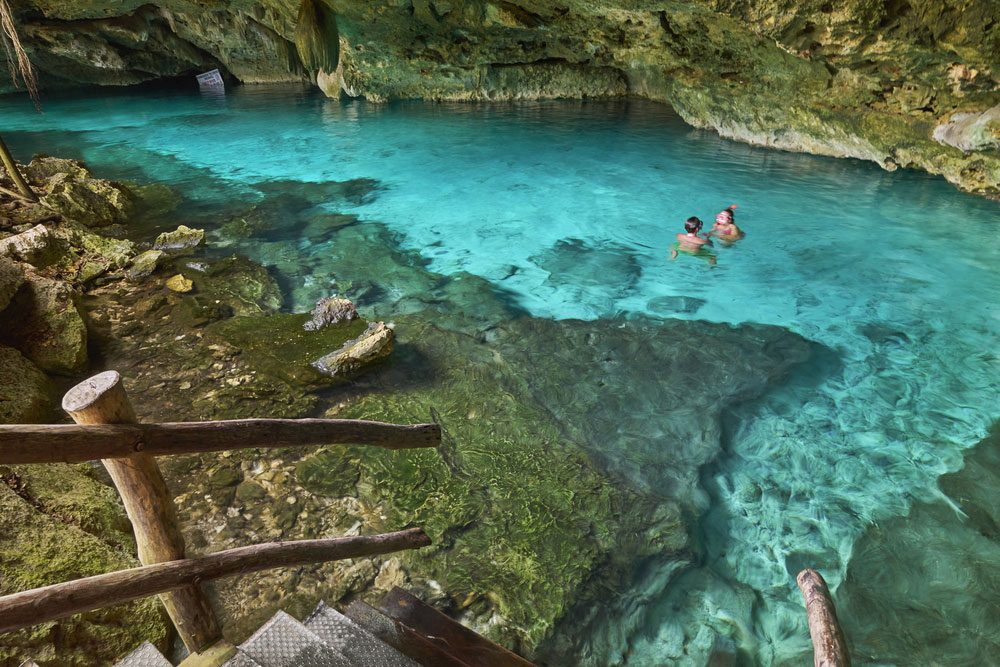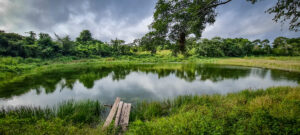The real economic development of the country will be achieved if we make that opportunities of generating income and ways of subsistence reach the communities that have been marginalized for so long. Although giving economic supports is a very good first step and serves as a step-stone, it does not solve the situation in the long term. Moreover, it could generate other social vices (patronage, dependence, etc.) without really striking at the root of the problem. The popular saying well verses: “ give someone a fish and he will eat one day, teach him to fish, and he will eat all his life”, that is precisely what we need to do with the communities that are in the most vulnerable position. We have the responsibility of detonating opportunities for them to perform economic activities that represent a source of income for them, and at the same time, a way of subsisting that reaffirms their identity, pride, belonging and that is sustainable.
On the other hand, it is also very clear that tourism as we knew it until few years ago (the over exploited model of turning Mexico into a Sun n’ beach destination), is no longer sustainable. Even though it represents an important economic spillover, it is having severe consequences in the environment. The damage that touristic over-exploitation has, plus the saturation in the “typical destinations”, are making tourists preferences to change all over the World. People now prefer to go to a place where they just escape from the hectic pace of the cities and where they can be in direct contact with nature without scarifying comfort.
Mexico has a privileged position when we talk about nature, it is more than a sun and beach destination; it has the potential to offer a wide range of paradisiac natural scenarios. This advantage must be exploited in a responsible and sustainable way by the Adventure and Nature Tourism, so that it can offer the following benefits by allowing:
Visitors:
- To have a more healthy way of travelling, it incentivizes physical activity.
- To be in direct contact with nature.
- To be immersed in the lifestyle (customs and traditions) of communities that still have a bond and respect for their surroundings.
- To appreciate nature and culture, in order to cherish them and then contribute to their conservation.
- To practice tourism in a way that is not invasive or “predative”.
Destinations:
- To receive an economic spillover that otherwise would not be accessible to them by only performing primary economic activities (agriculture, cattle-raising, etc.).
- To generate a sustainable way of living, to be self-sufficient and to improve their quality of life.
- To develop without losing the focus on environment conservation. In other words, if the visitors that go to the forest or jungle represent an income to the communities, these latter won’t need to fell trees for generating extra income.
- To have alternative income sources such as economic incentives for the conservation of biodiversity, for instance, obtaining carbon bonds.
- To preserve their surroundings, customs and traditions, because these elements are what represent their pride, identity and source of income.

In a research performed by the Experiencias Genuinas Company, it has been pointed out that the Mexican states with the major potential for developing Adventure and Nature Tourism Activities are also the states with the largest number of communities under marginalization. Because of this, we can’t remain indifferent to such situation; we need to make things happen.
It is not an easy task, but we can’t expect the government to do everything by themselves. Us, the ones that are in the industry, we have the responsibility of working together, support with training and down to earth strategic plans where communities can see a feasible option to execute and to professionalize the destinations that will be boosted.
Albeit the investment in infrastructure is not significant, investments and conditions must be generated in order to allow having the minimum requirements to welcome visitors. It is demonstrated that this kind of investments are profitable if they are executed properly.
It is clear that this is not the only way to face the multiple challenges that the country has, and in the financial department of ATMEX, we believe that there is an economic propel for many communities in the Adventure and Nature Tourism. This industry can create better conditions for communities and for the entire country in consequence.
To develop professionalized social enterprises in the communities represents economic spillover, self-sufficiency and jobs. Let’s raise that group of entrepreneurs that will a have a positive impact in their communities, and also will look after their environment, which is at the same time, the driver of the creation of wealth!
These entrepreneurs should not walk the path alone, they will require support from the government, other institutions, others in the sector, associations that represent and consolidate them (Today there´s not a specialized entity in Mexico that aggregates the sector of Adventure and Nature Tourism), credit institutions that will finance their projects, and all of us as potential tourists. If they find support from all of the above, they will be able to face their challenges.
We need to start with something, so let’s get cracking!










